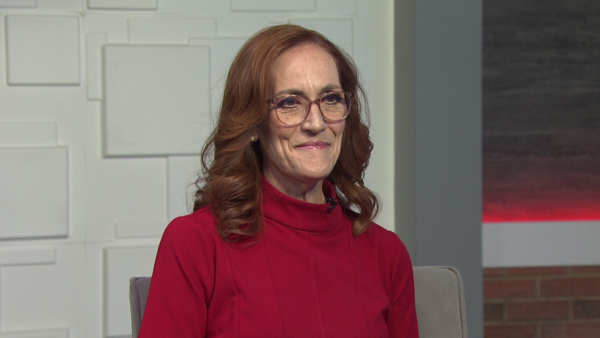U.S. elections are rarely contested. When has it happened, and why?
Nov. 3, 2020
President Trump has said he may declare victory on election day if results show him leading, even though there will be votes still to count after election day. The president is also ready to challenge the results. Calvin Schermerhorn, a professor at ASU’s School of Historical, Philosophical and Religious Studies, recently wrote an article about contested elections and will discuss the history of contested elections and also what contesting an election may entail.
In roughly 230 years of elections, the United States has had very few contested elections, Shermerhorn said, listing 1800, 1860, 1876 and 2000 as examples.
Because the U.S. is “a patchwork of 50 states and 50 different sets of election laws,” the avenues for contesting an election are varied. One recent example, Shermerhorn noted, occurred in Harris County, Texas over a drive-up ballot drop-off box. Overall, contested elections are less common here than in other places around the world because the Electoral College is designed to give the winner a considerable majority.
Shermerhorn suggested that this election could see another case taken up by the Supreme Court “The Constitution also says that if the Electoral College fails, it goes to Congress,” Shermerhorn said. “That means that each state gets one vote… This happened in 1800; it could happen again.”




















